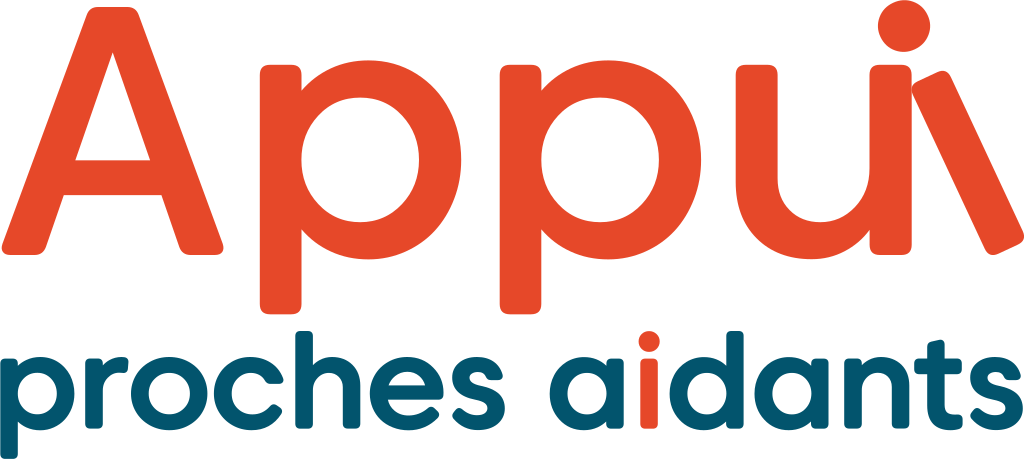Are you a caregiver for a child or a person with an intellectual disability?
Here is information on intellectual disabilities, tips for coping with daily life and resources to help you prepare for your care receiver or your child’s transition to adulthood and other important life milestones.








